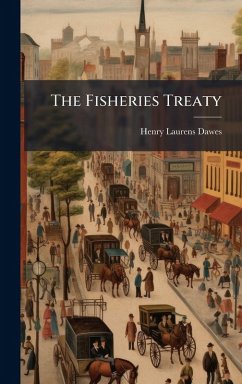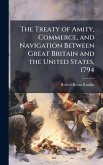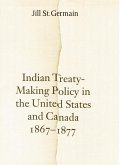This historical document presents the speech of Henry Laurens Dawes in the United States Senate on July 23, 1888, concerning the Fisheries Treaty. Dawes, a prominent senator, offers a detailed analysis of the treaty, its implications, and its potential impact on American interests. The Fisheries Treaty provides valuable insights into the political and diplomatic landscape of the late 19th century. It is essential reading for anyone interested in the history of American foreign policy, international law, and the intricacies of treaty negotiations. This work has been selected by scholars as being culturally important, and is part of the knowledge base of civilization as we know it. This work was reproduced from the original artifact, and remains as true to the original work as possible. Therefore, you will see the original copyright references, library stamps (as most of these works have been housed in our most important libraries around the world), and other notations in the work. This work is in the public domain in the United States of America, and possibly other nations. Within the United States, you may freely copy and distribute this work, as no entity (individual or corporate) has a copyright on the body of the work. As a reproduction of a historical artifact, this work may contain missing or blurred pages, poor pictures, errant marks, etc. Scholars believe, and we concur, that this work is important enough to be preserved, reproduced, and made generally available to the public. We appreciate your support of the preservation process, and thank you for being an important part of keeping this knowledge alive and relevant.
Bitte wählen Sie Ihr Anliegen aus.
Rechnungen
Retourenschein anfordern
Bestellstatus
Storno








